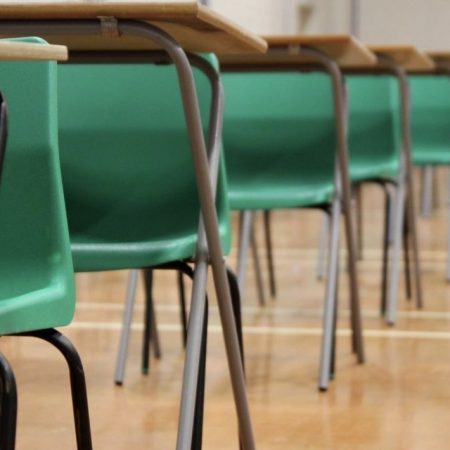Detroit’s schools are still recovering from the deep wounds of systemic neglect. Redlining, segregation, and a crash in city revenue starved schools of resources. Meanwhile, state funding for Detroit continues to lag behind wealthier districts.
Over the years, control of Detroit schools has taken many turns that have added to the trauma.
First, it was mayoral control, and later, state‑appointed emergency managers. These interventions were supposed to help, but they often made things worse.
Through it all, poverty has entrenched itself in the households of many Detroit students. Housing instability, unreliable transportation, and inaccessible healthcare have added trauma on top of trauma. And then came the pandemic, erasing precious early learning time.
But like the city itself, Detroit schools have been slowly, steadily rising. The latest glimmer is the new M‑STEP results, which show Detroit public school students largely making steady incremental improvements in math and English.
A Chalkbeat Detroit analysis of Michigan’s 2024-25 standardized tests puts the results into deeper context, showing Detroit’s third‑graders reading at their best level in over a decade.
Still, only about 13% of DPSCD third graders reached reading proficiency, that’s compared to nearly 39% statewide.
So what do these modest gains really mean, and how long can they last?
Dr. Nikolai Vitti, superintendent of Detroit Public Schools Community District, joined Robyn Vincent to answer these questions.




